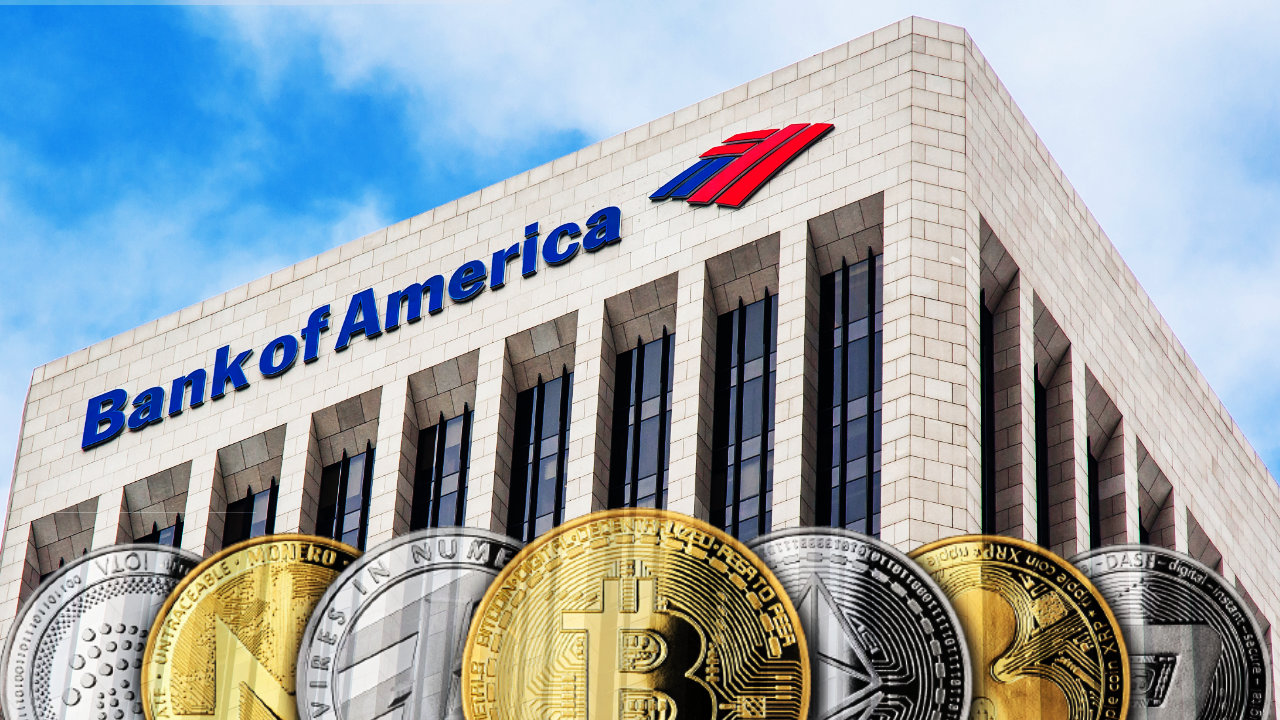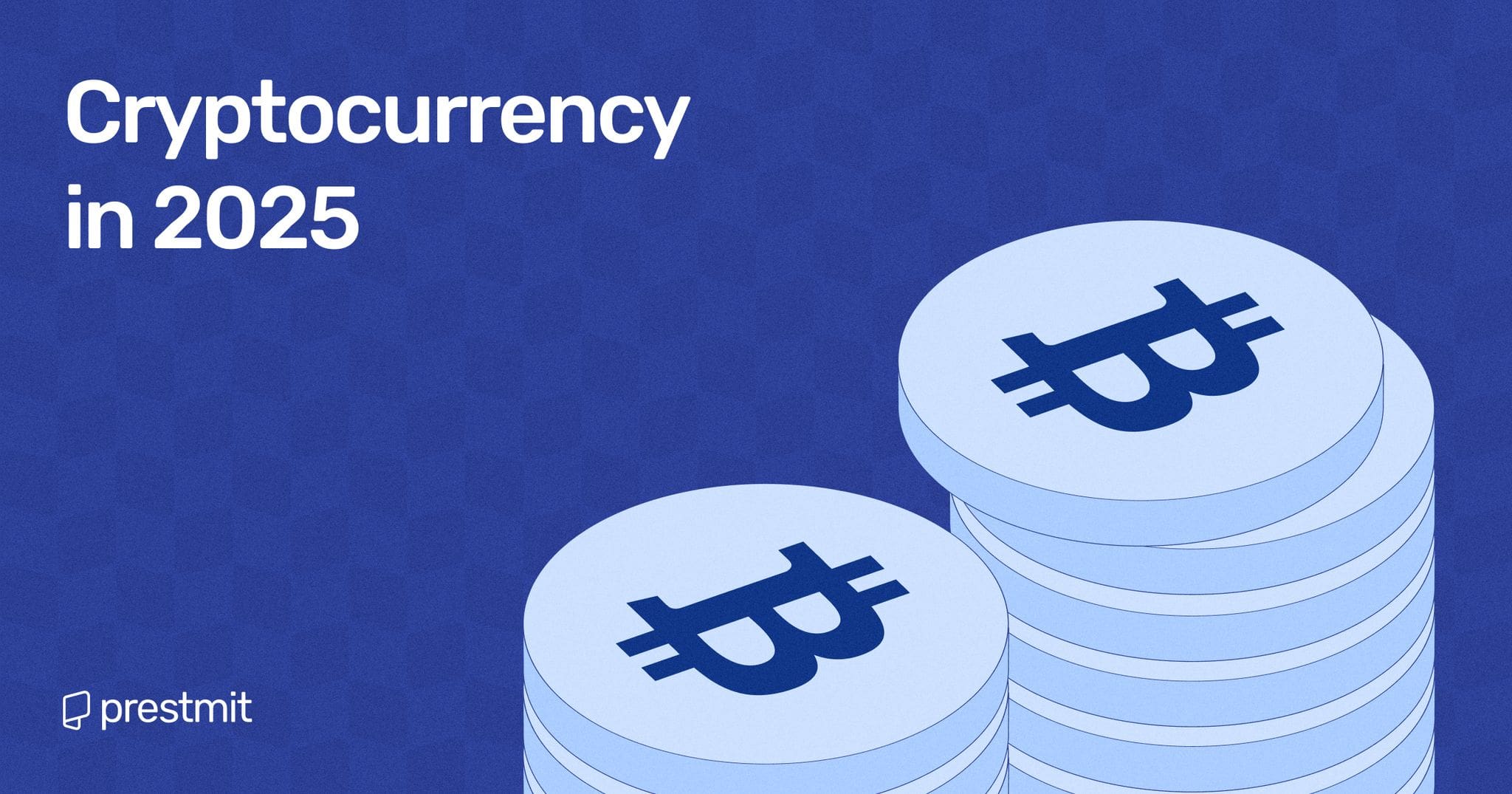
Why Governments Are Wary of Bitcoin
Since its introduction in a 2008 whitepaper, Bitcoin (BTCUSD) has generated controversy and news. Enthusiasts herald its launch as the advent of a new and equitable monetary system. Critics point to the cryptocurrency’s role in criminal activities and the absence of legal recognition as proof that it is ‘rat poison squared.’ The reality probably lies somewhere in between.
Meanwhile, governments around the world are eyeing Bitcoin and taking action when they can. Some, like El Salvador, have adopted it as currency. Others refuse to recognize it as legal tender, treat it as a commodity or property, or even ban it completely. In 2023, the European Union adopted a framework for regulating cryptocurrency.
Among other things, Bitcoin may enable the citizens of a country to undermine government authority by circumventing capital controls imposed by it. It also facilitates nefarious activities by helping criminals evade detection. Finally, by removing intermediaries, Bitcoin can potentially throw a wrench in the existing financial infrastructure system and destabilize it.
Key Takeaways
- Governments around the world are watching Bitcoin warily because it has the potential to upend the existing financial system and undermine their role in it.
- In its current form, Bitcoin presents three challenges to government authority: it cannot be regulated, criminals use it, and it can help citizens circumvent capital controls.
- Bitcoin and cryptocurrencies will continue to be viewed with distrust by established authorities until they can more effectively monitor and control them.
Bitcoin Cannot Be Regulated
To understand why governments are cautious about Bitcoin, it is important to understand the role that fiat currencies play in a country’s economy. Fiat refers to conventional currencies issued by governments. Fiat currency is backed by the full faith and credit of a government. This means that governments promise to make a currency borrower whole in case of a default.
The U.S. government relies on the Federal Reserve, a central bank on which Congress only has partial authority, to manage the supply of circulating money. The cycle of transactions in the U.S. economy—one that involves borrowers, lenders, and consumers—relies on a chain of trust between transacting parties. The Federal Reserve, the lender of last resort, is the final leg of that chain, lending only to depository institutions.
Bitcoin advocates charge that the Fed creates money out of thin air (i.e., the currency is not backed by tangible assets). By manipulating the supply of money in the U.S. economy, they say, the central bank also manufactures asset bubbles and crises. Advocates also claim that through a series of intermediaries, such as banks and financial institutions, governments distribute and regulate the flow and use of money in an economy. Thus, they can dictate how it is transferred, the sectors where it is distributed, trace its utility, and tax the earnings of individuals and businesses for revenue.
Bitcoin Undermines the Cycle of Trust
Fans of Bitcoin’s decentralized system say it has the potential to dismantle the system described above. Its network is claimed to do away with intermediaries and, by extension, the elements of a government’s system.
Advocates believe that if cryptocurrency is adopted, a central bank would no longer be required. That is because crypto can be produced by anyone running a full node. Additionally, peer-to-peer automated transfers between two parties on Bitcoin’s network mean intermediaries would no longer be required to manage and distribute currency. The chain of trust underpinning the current financial infrastructure becomes an algorithmic construct in Bitcoin’s network. A transaction is generally not included in the central ledger unless a specified majority of nodes approve it.
Theoretically, streamlining operations between individuals and various actors in the Bitcoin blockchain network can rearrange the current system. The financial infrastructure is decentralized, and the power to increase or decrease currency supply is not appointed to a single or group of authorities. Thus, in the new setup, the role of governments in managing and regulating economic policy through intermediaries may become superfluous.
Bitcoin Can Circumvent Government-Imposed Capital Controls
Governments often institute capital controls to prevent currency outflows because exports could debase their currency’s value. For some, this is another form of control governments exert on entities within their jurisdictions. In such instances, the state-less nature of Bitcoin comes in handy for circumventing capital controls and exporting wealth.
One of the more well-known instances of capital flight using Bitcoin occurred in China. The country’s citizens have an annual limit of $50,000 to purchase foreign currency. A report by Chainalysis, a crypto forensics firm, found that more than $50 billion moved from East-Asia-based Bitcoin wallets to wallets in other countries in 2020, meaning Chinese citizens may have converted local currency to Bitcoin and transferred it across borders to sidestep government regulation. Not all $50 billion is thought to be from China or capital flight, but it shows an increase in capital movement in the form of cryptocurrency from previous years.
Bitcoin Is Used in Illicit Activities
The ability to bypass the existing financial infrastructure of a country is a blessing in disguise for criminals because it enables them to camouflage their involvement in such activities. Bitcoin’s network is pseudonymous, meaning users are identified only by their addresses on the network. It isn’t easy to trace the provenance of a transaction or the identity of an individual or organization behind the address. Besides this, the algorithmic trust engendered by Bitcoin’s network obviates the need for trusted contacts at either end of an illegal transaction.
Not surprisingly, bitcoin is a favored conduit by criminals for financial transactions—there have been many criminal bitcoin usage trends over the years. Most recently, in its analysis of crypto crime trends in 2023, Chainalysis found that ransomware, darknet activities, and sanctioned entity transactions were the most significant illicit activities.
The Bottom Line
Bitcoin has become a touchstone for controversy since it was introduced to the world in the aftermath of the financial crisis. Some governments are wary of Bitcoin and have alternated between criticizing cryptocurrency and investigating its use for their ends. While Bitcoin has the potential to change or even improve the existing financial infrastructure, the cryptocurrency’s ecosystem is still rife with misuse, scandals, and criminals—but so are the existing systems. Government stances on issues change with time, and if the more accepting law-making attitudes of the last few years continue, Bitcoin could become more integrated into global society. The comments, opinions, and analyses expressed on Investopedia are for informational purposes online. Read our warranty and liability disclaimer for more info. As of the date this article was written, the author does not own cryptocurrency.















